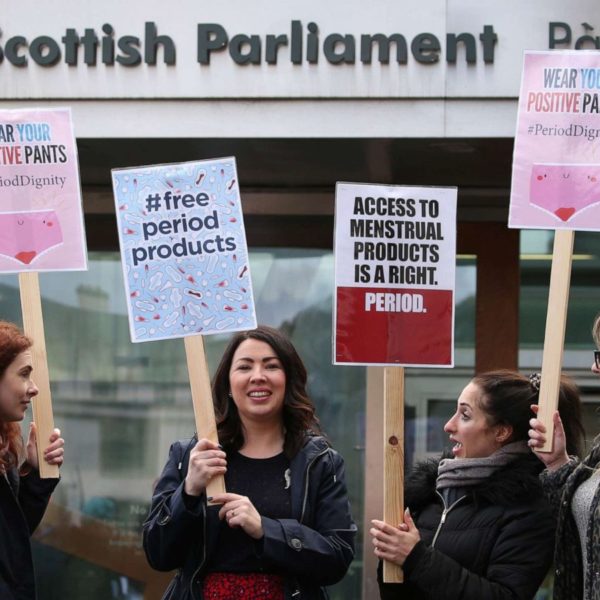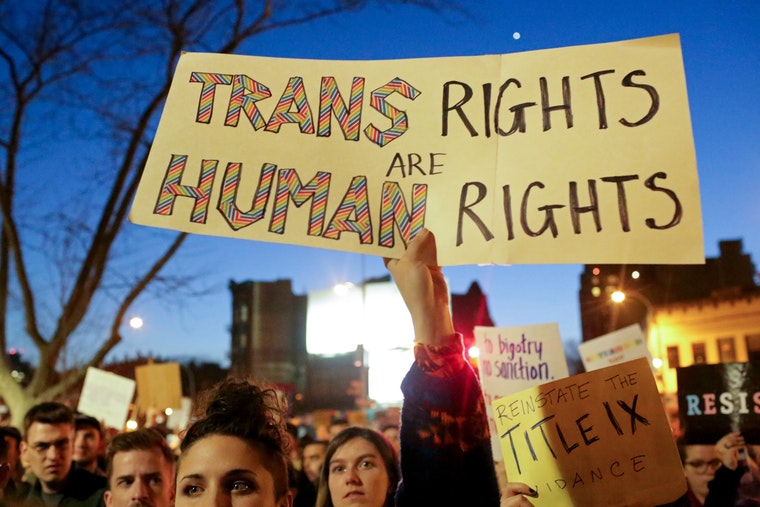Has anyone noticed a weird trend in Guardian articles? Not across the board, no, but specifically the ones about feminism. The Guardian is known as an institution of liberal media, one of a few remaining left-leaning papers that isn’t behind a paywall. So it’s deeply troubling to see that they’ve published multiple pieces calling for the rolling back of rights for trans people…

What is the Guardian Doing?
Has anyone noticed a weird trend in Guardian articles? Not across the board, no, but specifically the ones about feminism.
The Guardian is known as an institution of liberal media, one of a few remaining left-leaning papers that isn’t behind a paywall. So it’s deeply troubling to see that they’ve published multiple pieces calling for the rolling back of rights for trans people.
The TERF lobby is increasingly growing in traction in the UK, perhaps bolstered by the choices of publications like the Guardian – at the start of March, the newspaper received a lot of criticism for an article by regular columnist Suzanne Moore in which she claimed that “you either protect women’s rights as sex-based or you don’t protect them at all.” A week later, Moore published another article in which she wished everyone “raw strength” regardless of how they identified but described at length the grief that female biology had caused her and said “don’t tell me that my story and the stories of other women don’t matter.”
This isn’t a new angle for the Guardian, actually. In late 2018, the paper published an editorial on the Gender Recognition Act where it claimed that trans rights and rights for women more generally came into direct conflict, and that neither proposition could be the right one. It is eminently the stance of this author that that claim is completely false – trans rights and women’s rights are sisters, not enemies, though that is not the topic of this article.
The publication of that editorial led to trouble for Guardian journalists in the US, when trans people refused to give them their perspectives on the Trump administration and its attempts to roll back protections for their community. Those US journalists published another piece calling for the Guardian to retract their stance on trans rights.
It didn’t matter. The Guardian continued to publicise groups that had ‘concerns’ about trans rights, repeatedly implying that women’s voices were being silenced on the issue of self-identification. This culminated in the article by Moore, outright criticising the trans community for silencing cis women.
Three trans members of staff have resigned their posts at the paper, one outright stating that they had received anti-trans comments from editorial staff. This is unacceptable: the Guardian is seen as one of the bastions of the centre-left, and to give transphobia a platform in this fashion is a blow to progressivism and directly harming vulnerable people on their own staff.
All is not lost, however. Hundreds of workers at the Guardian have signed a letter calling for the paper to become a more welcoming space for trans people. More than 3000 people have signed a letter strongly criticising the stance set out by Moore. Hopefully the Guardian listens to the majority and begins to change its stance on TERFism.






Leave a Comment